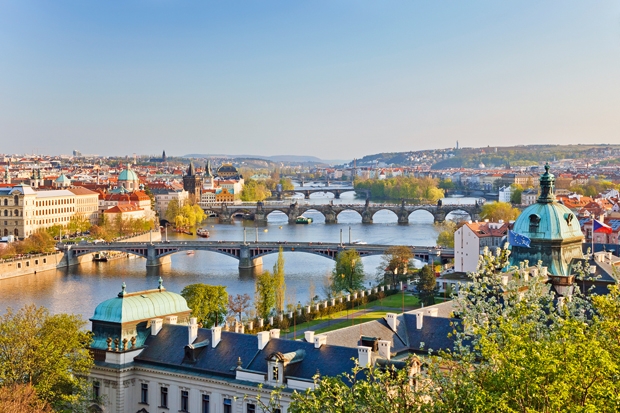My first reaction on hearing of Margaret Thatcher’s death in 2013 was: ‘Great — now my autograph from her will go up in value.’ This wasn’t callous. It was a simple application of demand and supply. As a child of the 1980s I had learned my lesson well. The Lady wouldn’t have objected to me viewing her signature as a pension plan. Indeed, it’s what she would have wanted.
How many Caribbean villas, then, should I be thinking of buying? Because this is no ordinary autograph. I asked Mrs T. (as she then still was) to write out ‘There is no such thing as society’ and sign it. She embellished the quote, adding ‘…there are only individuals, it is we who bear the responsibility’. Thatcher memorabilia, as you’d expect with the most famous politician of her age, can be valuable. One of her Spitting Image models sold for £5,000, while a handbag fetched £25,000. ‘Ah,’ says Matthew Haley of Bonhams, ‘but there are fewer of those than there are of her autographs.’ Signed copies of her memoirs go for only a couple of hundred quid. Even a picture of her with the Queen, Ted Heath, Jim Callaghan, John Major and Tony Blair, signed by all the PMs, only achieved £1,500.
The really big money, explains Haley, lies over the pond. ‘There’s a certain reverence about US presidents that you don’t get with prime ministers. Apart from Churchill, of course.’ A bust of Winston (for which the sculptor had to endure a 2 a.m. sitting) recently made £13,000. One of his half-finished cigars went for $4,500. Compare that with Abraham Lincoln’s letter to a schoolchild: yours for $60,000.
‘There are also important state documents, about events that have changed history,’ adds Haley.








Comments
Join the debate for just £1 a month
Be part of the conversation with other Spectator readers by getting your first three months for £3.
UNLOCK ACCESS Just £1 a monthAlready a subscriber? Log in